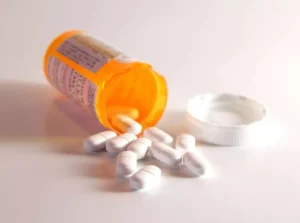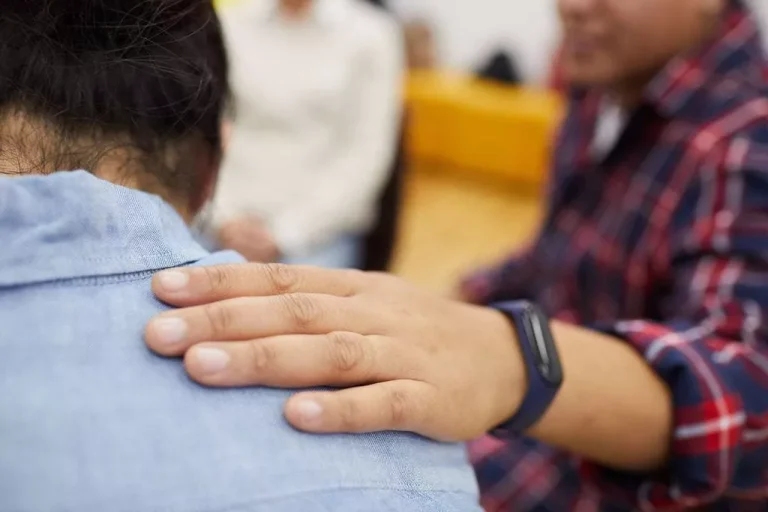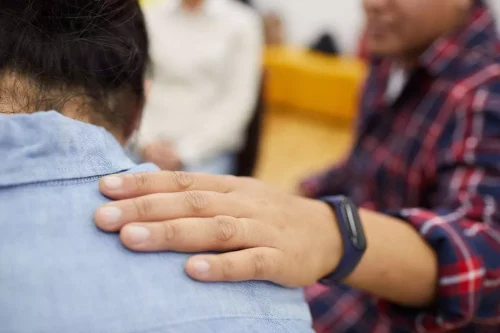
Continuing to pour sweat even when you’re resting in a cool environment is not. So, if you frequently ask why you sweat so much for no apparent reason, you may have hyperhidrosis. Moderate or binge drinkers can likely quit alcohol on their own. However, medical complications can occur during the acute phase of withdrawal.
What Causes Alcohol Withdrawal Symptoms?
- Excessive sweating is one of the initial withdrawal symptoms along with insomnia, nausea and tremors as the body physiologically reacts to stopping alcohol consumption.
- The helpline at AddictionResource.net is available 24/7 to discuss the treatment needs of yourself or a loved one.
- With alcohol out of the equation, though, these chemicals cause withdrawal symptoms.
- Find answers to common questions about how alcohol causes night sweats during withdrawal, how long they last, and alcohol abuse treatment options.
- Sometimes, a person may appear to have alcohol intolerance but react to another ingredient in a drink.
Talk to a healthcare provider about the side effects of the medication they prescribe before taking them. A healthcare provider can prescribe stronger antiperspirants than you can get over the counter. For those with alcohol use disorder, withdrawal is just the first (but very important) step on a long journey to recovery.

Evoke Wellness Addiction Treatment Programs
It also offers suggestions on sports drinks that best align with your hydration needs. While some of these effects are generally mild and short-lived, others can point to more chronic, compulsive patterns of drinking. If you think you or a loved one might be struggling with alcoholism, educating yourself on early warning signs can be a life changer.
Recent statistics about alcoholism
- People who experience night sweats regularly after drinking may have an issue with alcohol.
- And this sweat-inducing scenario just becomes compounded when you kick back a bunch of cocktails as your liver can only metabolize one drink per hour, according to American Addiction Centers.
- In primary hyperhidrosis, there’s a family history of the condition 30% to 50% of the time, which suggests there may be a genetic component.
While hyperhidrosis has no cure, there are a drinking and sweating variety of treatment options available to help you manage your symptoms. The condition isn’t life-threatening, but it can have a major impact on your life. You may feel embarrassed or sensitive talking about your condition and it might keep you from participating in activities that you regularly enjoy. If hyperhidrosis affects your mental health, talk to a healthcare provider or a mental health professional. They can help you feel better about your body and the effect of overactive sweat glands. Night sweats are one of the many withdrawal effects that make quitting alcohol so difficult without medical supervision.

If they don’t work or if you have other symptoms, it’s best to see a healthcare provider for diagnosis and treatment. Speak with your healthcare provider if you think your hyperhidrosis is due to one or more medications. They may be able to adjust your medications or help you manage excessive sweating. The alcohol withdrawal timeline varies, but the worst of the symptoms typically wear off after 72 hours. People who are daily or heavy drinkers may need medical support to quit.

Medications may be prescribed to alleviate discomfort and prevent complications like dehydration and electrolyte imbalances. Remember that night sweats can also be a sign of an underlying medical condition or lifestyle factor. If you are experiencing frequent or persistent night sweats, it’s important to talk to a healthcare professional to determine the underlying cause and develop an appropriate treatment plan. In some cases, cutting back on or quitting alcohol may be one component of this plan.
- Choosing a sports drink with sodium can help replenish your electrolyte losses, which helps with maintaining hydration and fending off cramping.
- Meanwhile, the brain is producing more and more neurotransmitters, making a person further imbalanced.
- In terms of electrolytes, replacing at least 50 percent of your electrolyte or sodium losses during exercise is sufficient for maintaining exercise performance and fluid/electrolyte balance, Baker says.
- Other factors, such as menopause or medication use, commonly cause hot flashes and night sweats.
- Behavioral health treatment for alcohol problems is often (but not always) covered by insurance.

A rare but very serious syndrome called delirium tremens can occur during alcohol withdrawal. Also known as DTs, an estimated 2% of people with alcohol use disorder and less than 1% of the general population experience them. Blood tests may also be ordered to confirm or exclude underlying causes. Hyperhidrosis is a term used to describe excessive sweating that affects the body’s natural temperature.
Comentarios recientes